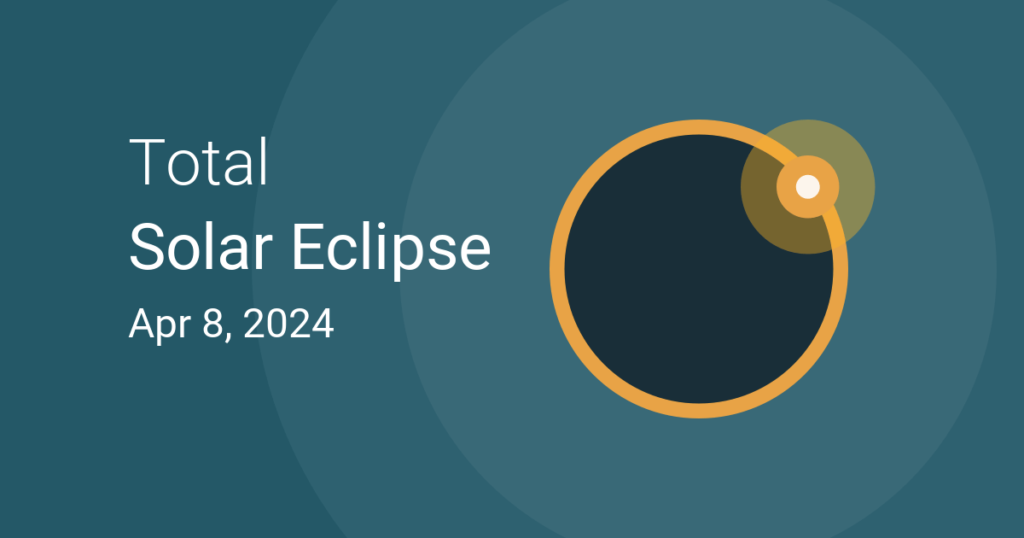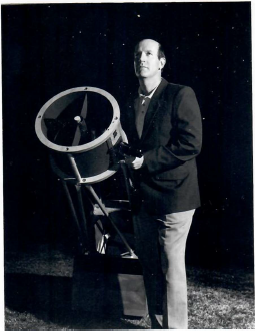

For the second time in just under seven years, the United States will experience another total solar eclipse (TSE) — the first such occultation since the total solar eclipse of August 21, 2017, which traced a path from the Oregon coastline to Charleston, South Carolina, observed by nearly 215 million people. On April 8th of next year, another TSE will be seen (weather cooperating) in the continental U.S. This event shall be the last such eclipse visible in the domestically, until August 23, 2044, followed by another TSE on August 12, 2045.
Like the 2017 event, many large cities lie in the path of totality — chief among them being San Antonio, Dallas-Fort Worth, Austin, and Waco, TX, as well as Indianapolis, IN, Cleveland, OH, and Buffalo and Rochester, NY.
The presentation shall focus on the overall circumstances of the April 8th eclipse, synoptic weather prospects for selected observation venues, as well as providing some helpful suggestions regarding preparations for those interested in attempting to view totality.

Professor Joel Harris has been traveling throughout the world to observe solar eclipses since 1973 — totaling 50 years of eclipse chasing, encompassing some 22 total eclipse events, and having spent over an hour within the lunar umbra.
His first eclipse experience was as part of a scientific team supporting the noted American solar astronomer, Dr. Donald Menzel of Harvard Observatory, in the Mauritanian Sahara Desert in 1973.
Professor Harris spent 17 years in the defense and aerospace industries as a senior systems engineer, having earned both his bachelor’s degree in electrical/electronic engineering, and his master’s in systems engineering.
He has been awarded the NASA Group Achievement Award for his public relations work as project information officer supporting the Galileo Project at Jet Propulsion Laboratory from 1982 – 1986, and was elected a Fellow of the Royal Astronomical Society in 2018.
Harris currently lives in Newbury Park, CA, with his wife of 23 years, Patti, their rescue dogs Bailey and Sadie, and his “B flat Grey Tabby” cat, Miranda.